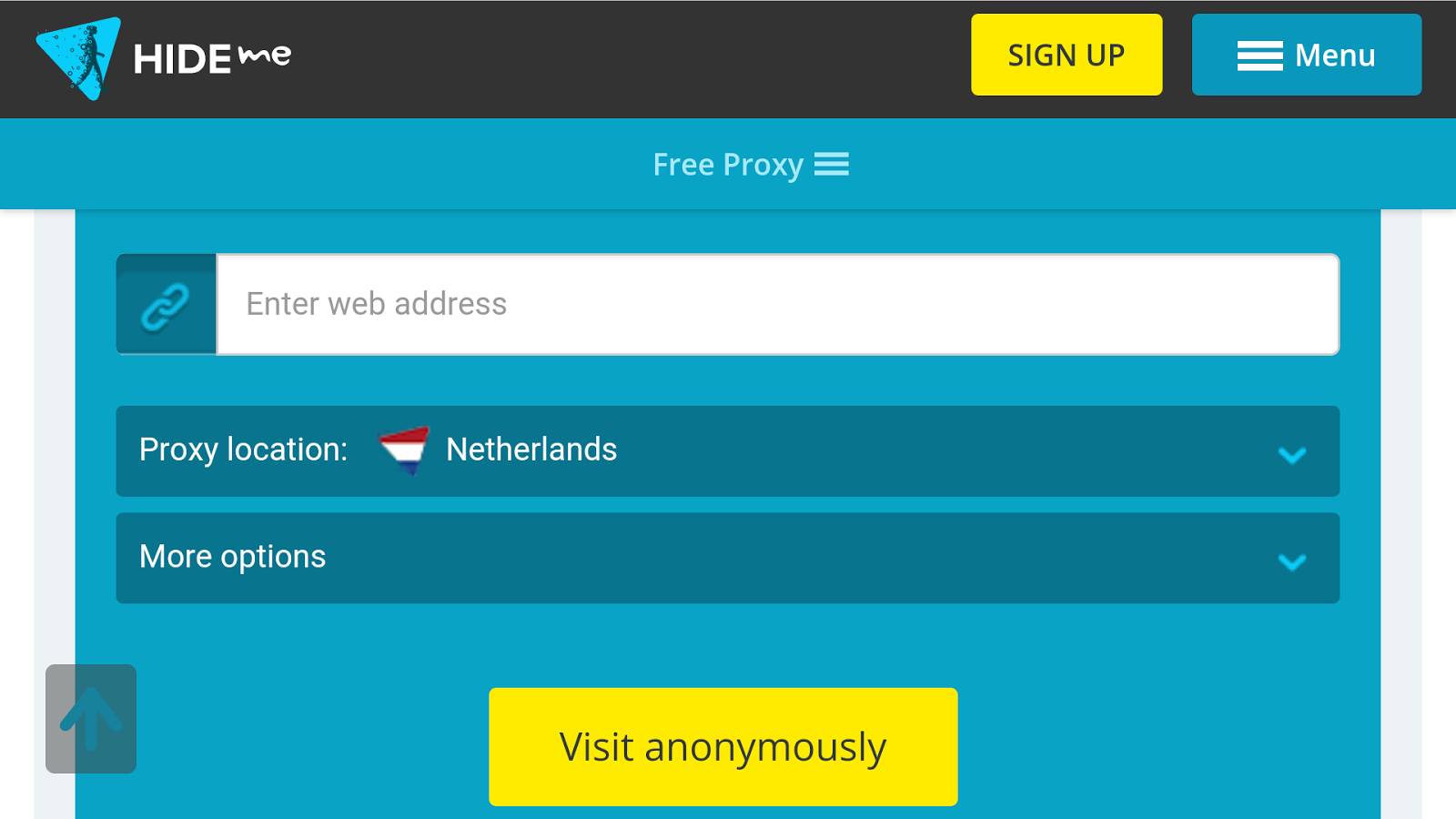In today’s digital age, privacy and security have become paramount concerns for internet users. As more individuals seek ways to protect their online activities, the concept of a proxy web browser has emerged as a powerful tool. A proxy web browser serves as an intermediary between the user and the internet, allowing users to browse the web anonymously and securely. This article aims to explore the various facets of proxy web browsers, their benefits, and how they operate, ultimately providing users with a complete understanding of this essential tool.
The internet can be a chaotic and often unsafe environment, exposing users to a myriad of risks ranging from data breaches to invasive advertisements. In response, many users turn to proxy web browsers to regain control over their online experience. By routing their requests through a proxy server, users can mask their IP addresses and access geo-restricted content, creating a safer and more versatile browsing experience. This guide will delve into the inner workings of proxy web browsers and help users make informed decisions about their online privacy.
As we navigate through this article, we will address common questions surrounding proxy web browsers, their advantages, and potential drawbacks. By the end of this exploration, readers will have a thorough understanding of how to leverage proxy web browsers effectively. So, let’s dive into the world of proxy web browsing and discover how it can enhance your online experience!
What is a Proxy Web Browser?
A proxy web browser is a type of web browser that uses a proxy server to route internet requests. This allows users to browse the web anonymously by concealing their real IP addresses. When a user enters a website address, the request is sent to the proxy server, which then forwards the request to the target website. The response from the website is sent back to the proxy server, which relays it to the user. This process effectively masks the user's identity and provides a layer of security.
How Does a Proxy Web Browser Work?
The functioning of a proxy web browser can be broken down into several steps:
- User connects to the internet and opens the proxy web browser.
- When the user requests a webpage, the browser sends the request to the proxy server.
- The proxy server forwards the request to the intended website.
- The website processes the request and sends the data back to the proxy server.
- The proxy server then sends the data to the user's browser.
This process allows users to maintain their anonymity while browsing the internet.
What Are the Benefits of Using a Proxy Web Browser?
Using a proxy web browser offers several benefits, including:
- Enhanced Privacy: Proxy web browsers help users maintain their anonymity by masking their IP addresses.
- Access to Restricted Content: Users can bypass geo-restrictions and access content that may not be available in their region.
- Improved Security: Proxy servers can provide an extra layer of security against potential cyber threats.
- Faster Browsing: Some proxy servers offer caching services, which can lead to faster loading times for frequently visited websites.
What Are the Drawbacks of Proxy Web Browsers?
Despite their advantages, proxy web browsers also come with certain drawbacks:
- Potential Data Logging: Some proxy services may log user activity, compromising privacy.
- Limited Functionality: Certain websites may not function correctly when accessed through a proxy.
- Security Risks: Free proxy servers can be unreliable and may expose users to security threats.
How to Choose the Right Proxy Web Browser?
Selecting the right proxy web browser depends on several factors:
- Reputation: Research the reputation of the proxy service provider to ensure reliability.
- Privacy Policy: Review the privacy policy to understand how your data will be handled.
- Speed: Test the speed of the proxy service to ensure it meets your browsing needs.
- Compatibility: Ensure the proxy web browser is compatible with your device and operating system.
Are Proxy Web Browsers Legal?
Generally, using a proxy web browser is legal, but it may depend on the specific use case and local laws. Users should ensure they are not engaging in illegal activities while using a proxy and should be mindful of the laws in their region regarding privacy and internet usage.
Can Proxy Web Browsers Improve Online Gaming Experience?
Proxy web browsers can indeed enhance the online gaming experience by reducing latency and allowing gamers to access region-specific content. However, users should ensure they are using a reliable and fast proxy service, as poor performance could negatively impact gaming.
Conclusion: Is a Proxy Web Browser Right for You?
Ultimately, the decision to use a proxy web browser comes down to individual needs and preferences. For those prioritizing online privacy and security, a proxy web browser can be an invaluable tool. However, users should conduct thorough research to choose a reputable service and weigh the benefits against potential drawbacks. By understanding how proxy web browsers work and their implications, users can make informed choices about their online behavior.



